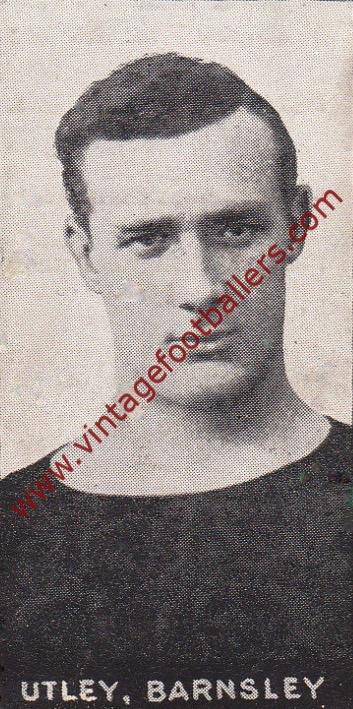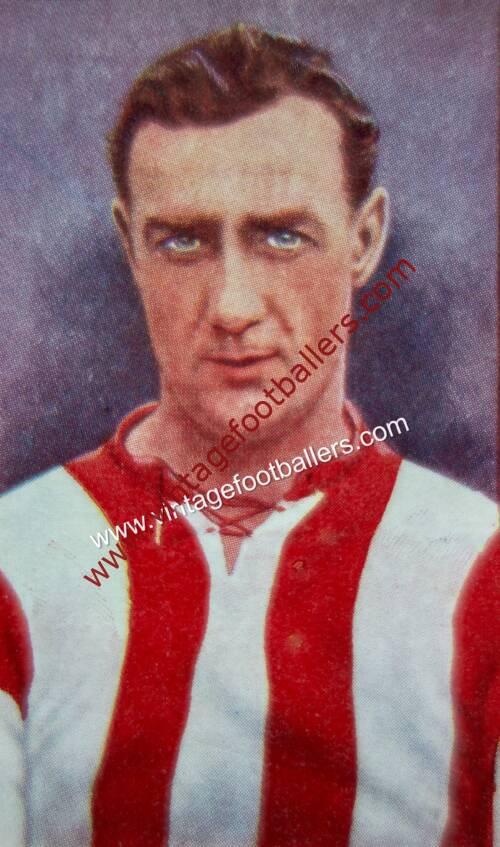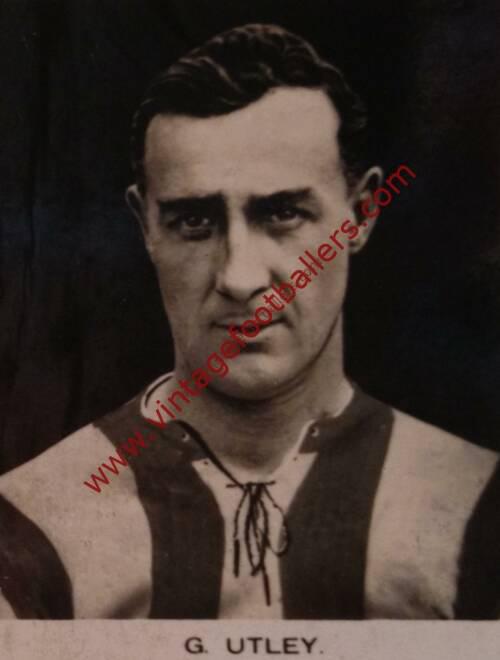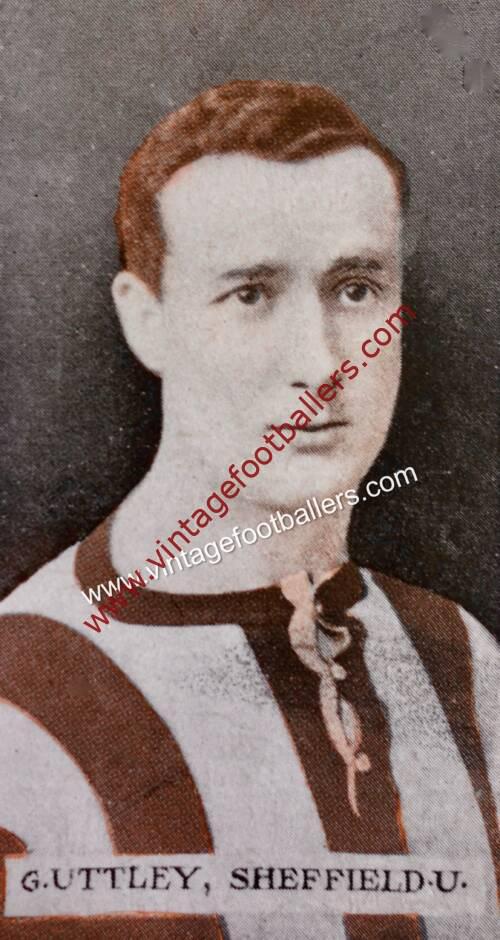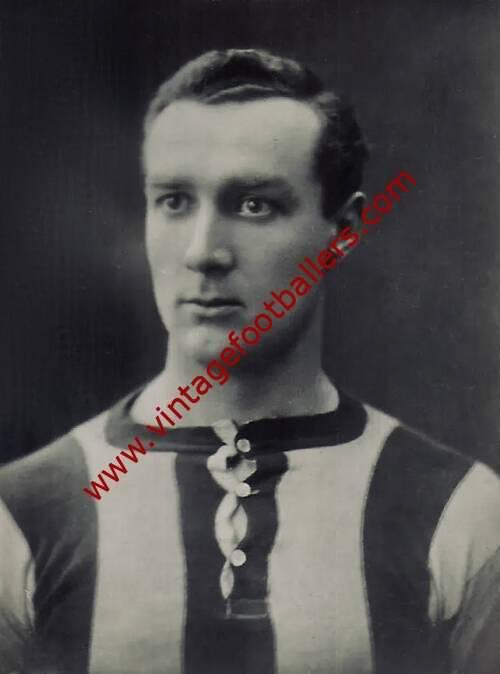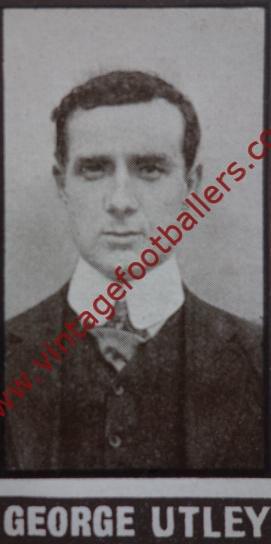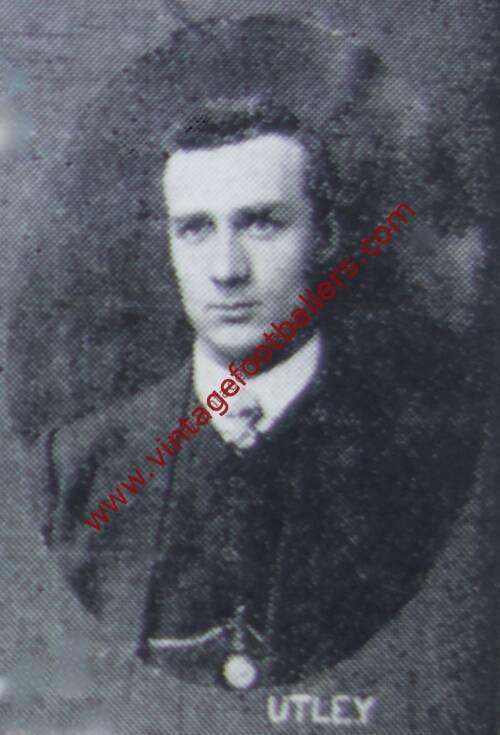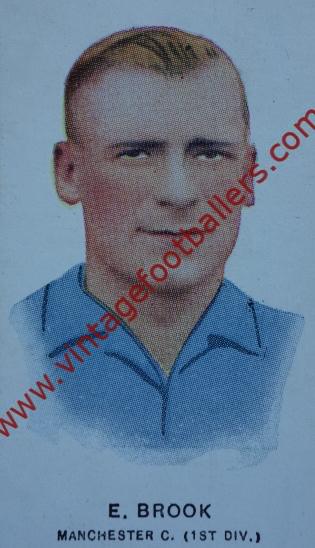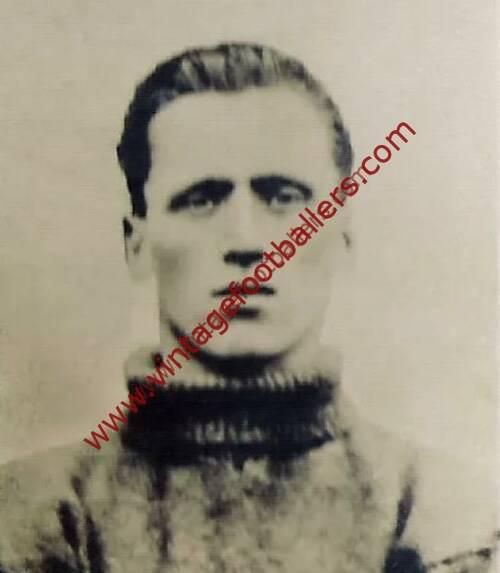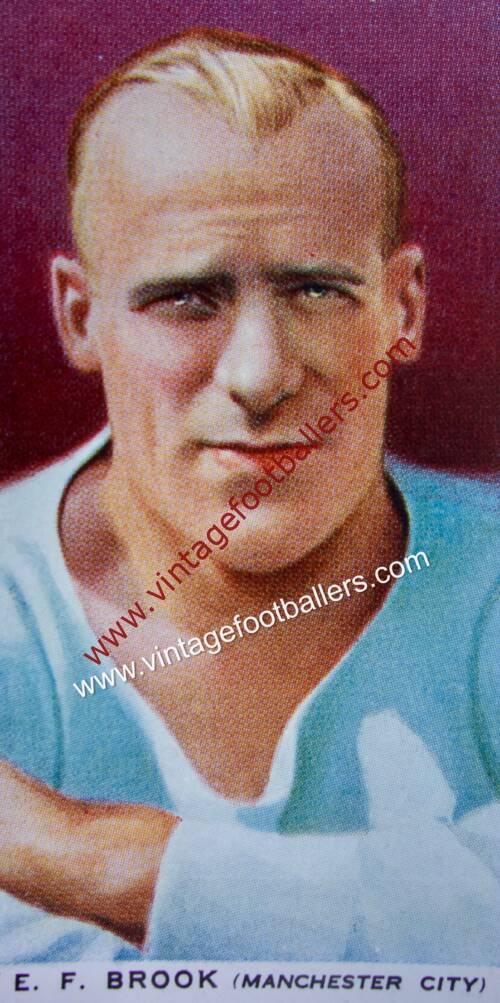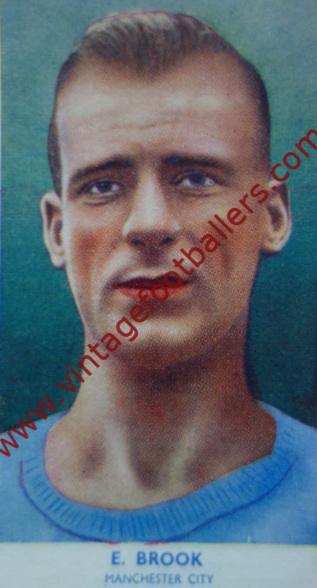Please choose your photo size from the drop down menu below.
If you wish your photo to be framed please select Yes.
Note: 16″x 20″not available in a frame.
Images can also be added to accessories. To order please follow these links
£8.95 – £49.95
Please choose your photo size from the drop down menu below.
If you wish your photo to be framed please select Yes.
Note: 16″x 20″not available in a frame.
Images can also be added to accessories. To order please follow these links
Elsecar, Barnsley born left half George Utley started his football career with junior club Elsecar in 1904 and played for Wentworth in 1905. He had a trial with Sheffield Wednesday in 1906 but returned to play for Elsecar, from where he was signed by hometown Second Division club Barnsley in 1907, making his Football League debut at Stockport County in October 1908. At Barnsley he was a member of both their losing FA Cup Final team of 1910, when they were beaten by Newcastle United 2-0 in a replay at Goodison Park after a 1-1 draw in the Final at The Crystal Palace, and of their victorious 1912 team, winning the FA Cup in extra time in the replay against West Bromwich Albion at Bramall Lane after the first match at The Crystal Palace had finished a 0-0 draw.
In February 1913 he won his solitary England cap when selected to play against Ireland in a 2-1 defeat at Windsor Park, Belfast, still the only full England international appearance by a Barnsley player, and he also played once for The Football League in a match against The Scottish League at Hampden Park in March 1913.
He was signed by First Division club Sheffield United for £2,000 in November 1913, a record transfer fee, after 9 goals in 193 appearances for Barnsley, playing in their 1914 FA Cup semi final defeat to eventual winners Burnley, but the next year going one better as Utley captained The Blades to their 1915 FA Cup Final 3-0 victory over Chelsea at Old Trafford in the so-called “Khaki Cup Final”, due to the number of uniformed soldiers in the crowd. Almost immediately after the Final the onset of the First World War forced the suspension of peacetime football.
After the First World War he returned to Bramall Lane and had three further seasons with The Blades. It could be argued that Utley’s greatest impact on the game of football in England was that regarding the award of testimonial and benefit matches. Usually players were awarded a benefit match for long service and allowed to choose a match, excluding derby games and large visiting clubs, from which to receive the gate receipts as recognition of their services. Utley challenged this in 1920 and was granted a benefit match against the then mighty Sunderland after only being at the club for four years, eventually receiving around £1,000. The board had been willing to make an exception for Utley, citing his importance to the team and wishing to ensure he stayed with the club.
This extraordinary move by the club caused unrest in the dressing room and nine of the first team signed a letter to the United directors, written by Billy Gillespie, complaining that this preferential treatment was unfair. The match went ahead a few days later without Utley although ironically Billy Gillespie scored twice in a 3-1 win in front of over 36,000 spectators. The Football League discovered the unrest this benefit had caused at the club and changed the rules governing such matches. They stipulated that testimonials could only be played after an agreed period of time stated within a players contract when agreed or upon their career being unexpectedly cut short. This ruling remains to this day.
Utley stayed at Bramall Lane for another two years. having scored 9 goals in 122 appearances for Sheffield United before transferring to Manchester City in September 1922, aged 35. However he retired within 12 months having only played once for City against Preston North End in October. He subsequently became a trainer at Bristol City in November 1923, becoming Sheffield Wednesday’s trainer in May 1924 and Fulham’s from July 1925 until 1928.
| Weight | N/A |
|---|
